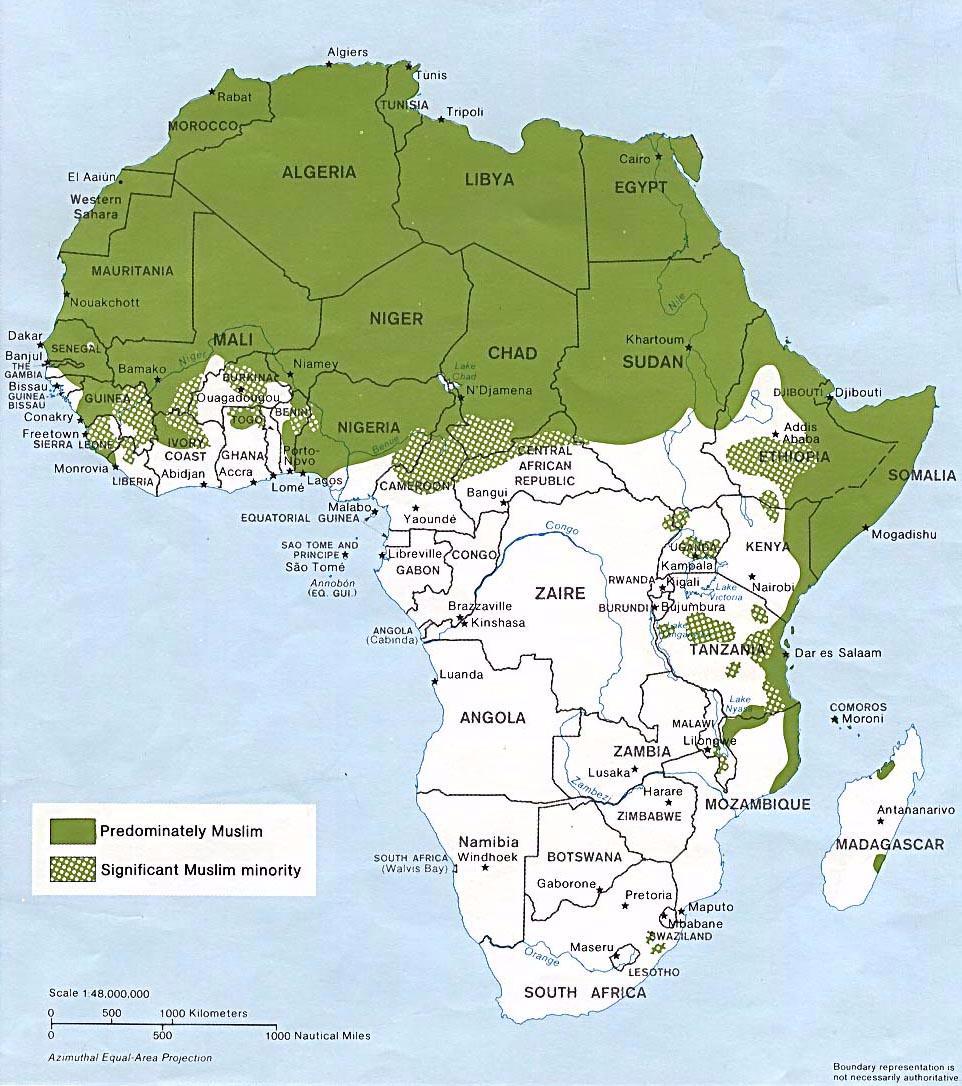
Islam spread to West Africa in about 800 CE and co-existed throughout much of the region with traditional religions. This map shows the extent of Islam in Africa today.

Islam spread to West Africa in about 800 CE and co-existed throughout much of the region with traditional religions. This map shows the extent of Islam in Africa today.
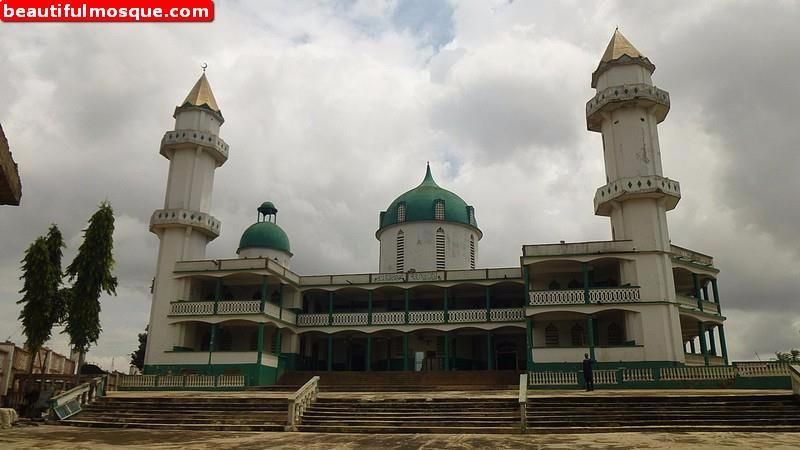
In some capital cities, such as Ghana and Gao, the presence of Muslim merchants resulted in the establishment of mosques.
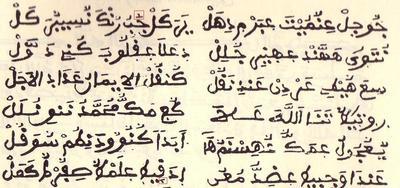
Islam spread throughout West Africa and Arabic language as well. In West Africa Arabic became the language of the region.
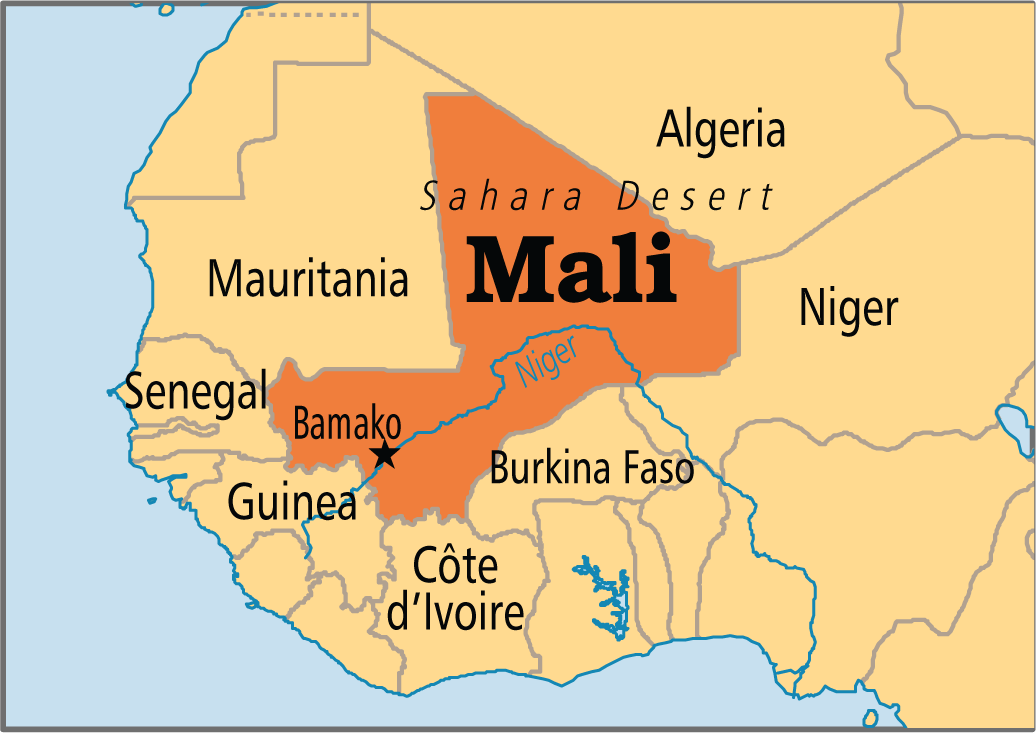
Mali is the cultural heir to the succession of Ancient African empires--Ghana, Malinké, and Songhai--that occupied the West African Savannah. These empires controlled Saharan trade and were in touch with Mediterranean and Middle Eastern centers of civilization. The Ghana Empire, dominated by the Soninke or Saracolé people and centered in the area along the Malian-Mauritanian frontier, was a powerful trading state from about A.D. 700 to 1075.
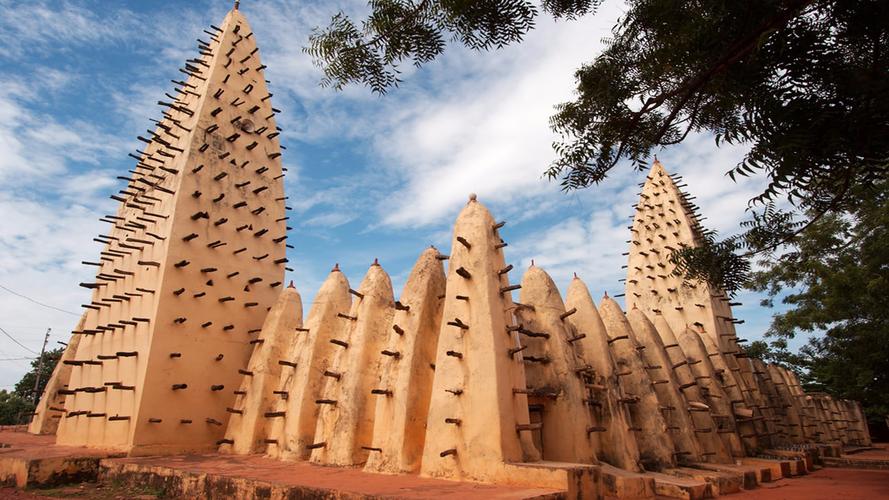
The cities of Mali became important trading centers for all of West Africa, as well as famous centers of wealth, culture and learning. Timbuktu, an important city in Mali, became one of the major cultural centers not only of Africa but of the entire world
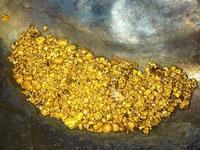
The trade with the Arab world led to an increase in wealth and comfort for many within these societies, however too often you had a situation where raw material from Africa such as gold was exported and refined and manufactured products were imported from the Islamic world.
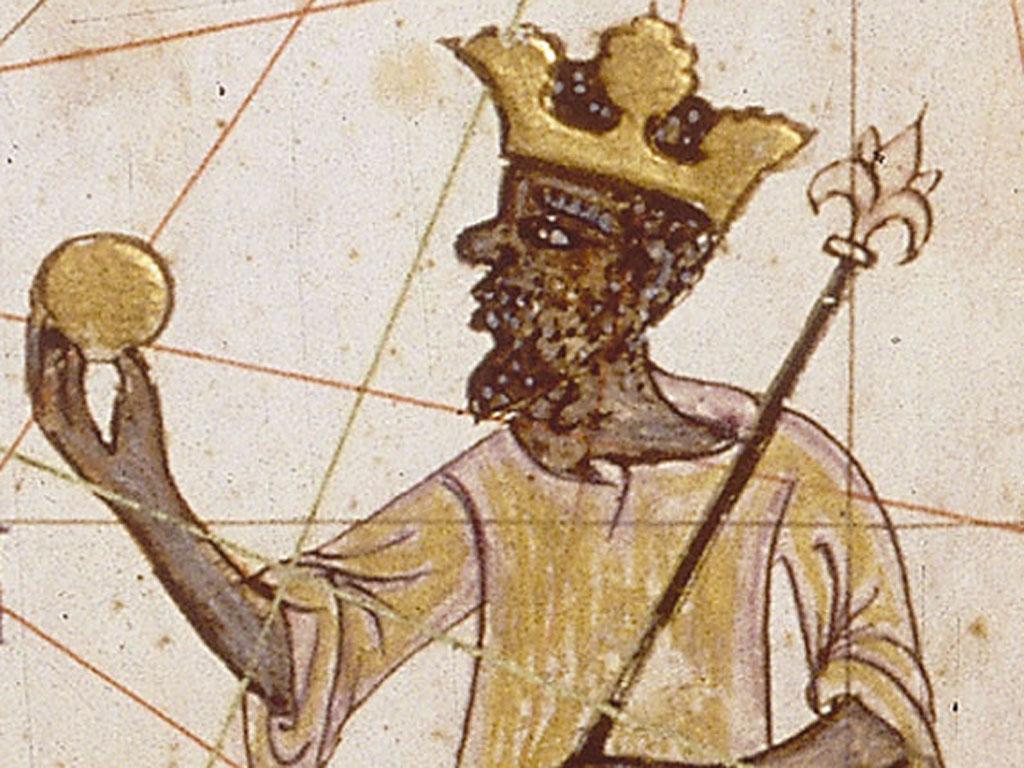
MANSA MUSA (1280-1337), was an emperor of the Mali Empire during the 14th century. He became emperor in 1307. He was the first African ruler to be widely known throughout Europe and the Middle East.
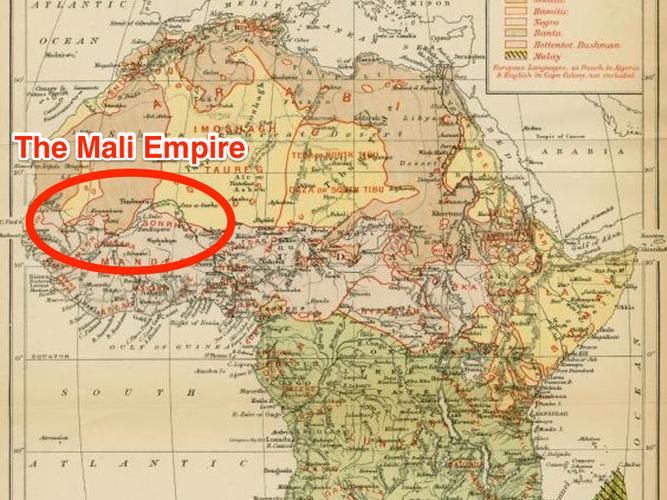
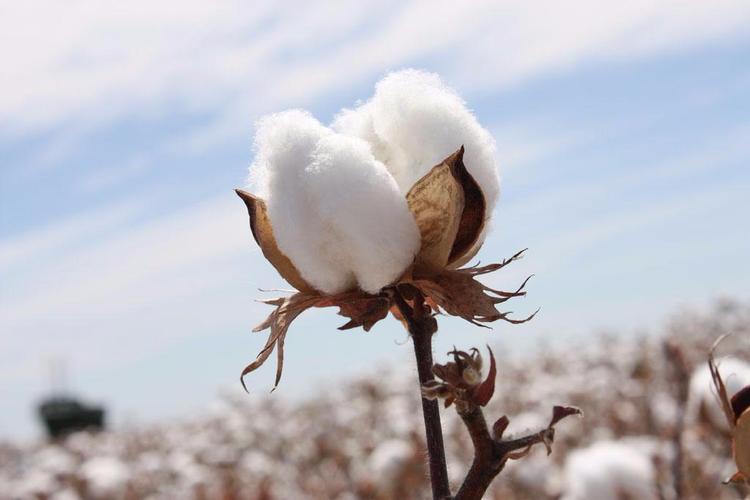
Mansa Musa introduces cotton as a new crop.
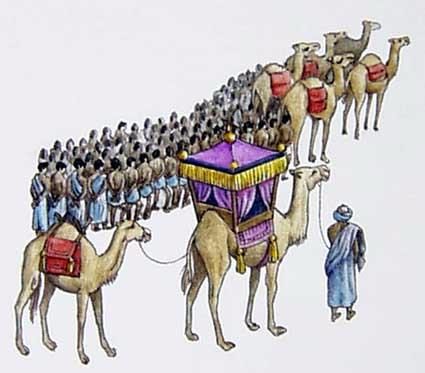
Musa was a devout Muslim, and his pilgrimage to Mecca made him well-known across northern Africa and the Middle East. Musa made his pilgrimage between 1324–1325.